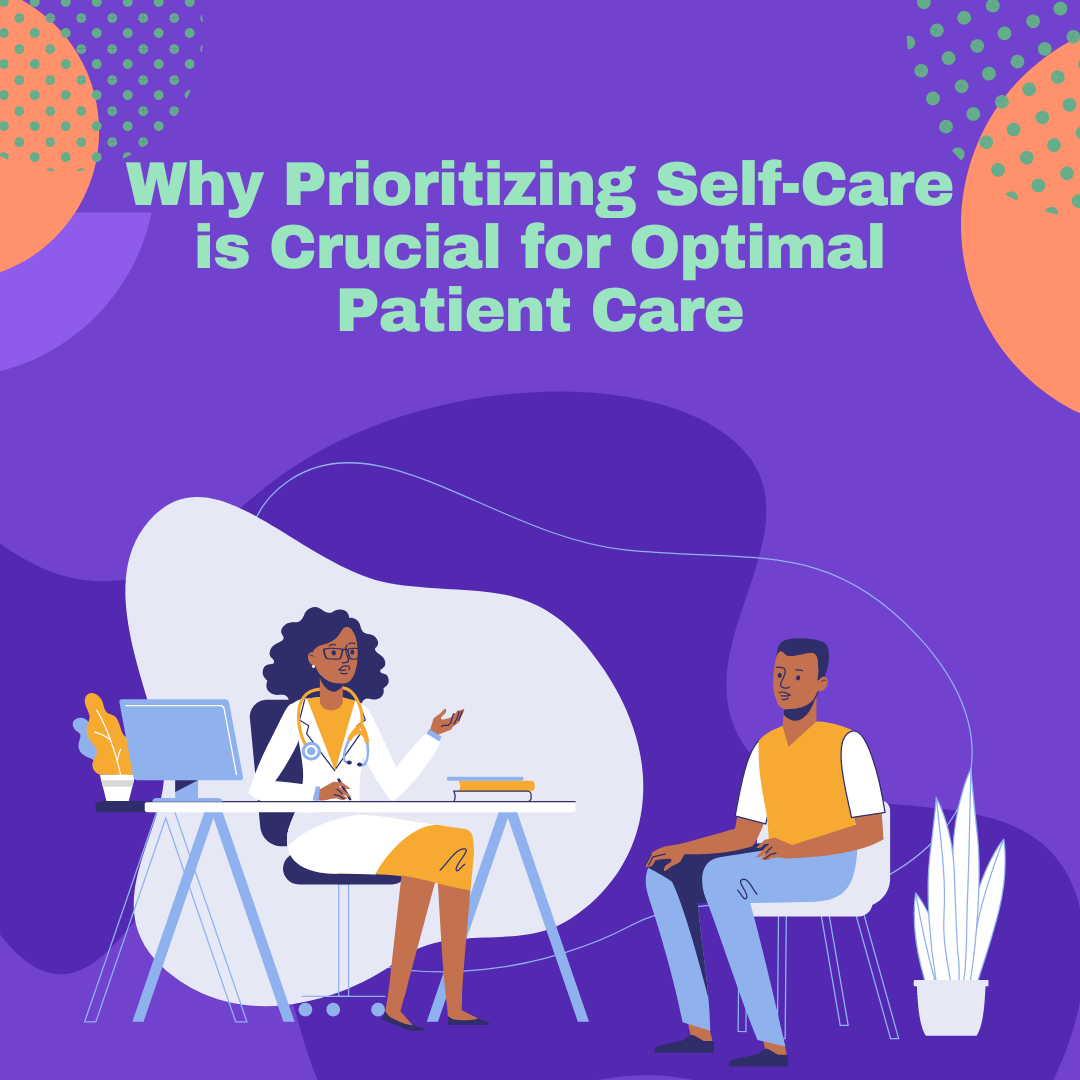The Essential Role of Self-Care for Psychotherapists and Mental Health Professionals
Why Prioritizing Self-Care is Crucial for Optimal Patient Care
As a psychotherapist or mental health professional, you play a vital role in helping others navigate their mental health challenges. It's a rewarding career, but one that can also be emotionally taxing. That's why self-care is of paramount importance for therapists and mental health professionals. This article will explore the significance of self-care for mental health practitioners and provide some practical tips for incorporating self-care into your daily routine.
The Emotional Toll on Mental Health Professionals
Mental health professionals are often exposed to clients' distress, trauma, and emotional pain, which can lead to secondary trauma, compassion fatigue, and burnout. These conditions can impact your well-being and hinder your ability to provide effective care for your clients. Prioritizing self-care helps you maintain emotional balance, reduces stress, and prevents the negative consequences of emotional exhaustion.
The Benefits of Self-Care for Therapists
Self-care is not just about taking care of your physical and emotional needs; it's also about nurturing your personal growth and development. By prioritizing self-care, you will:
Enhance your capacity for empathy and compassion
Improve your emotional resilience
Maintain a healthy work-life balance
Increase job satisfaction and prevent burnout
Foster a more robust therapeutic alliance with clients
Self-Care Strategies for Mental Health Professionals
Incorporating self-care into your daily routine doesn't have to be complicated. Here are some practical strategies to help you prioritize your well-being:
Develop a daily mindfulness practice, such as meditation or deep breathing exercises
Engage in regular physical activity, like walking, yoga, or swimming
Prioritize sleep and establish a consistent bedtime routine
Maintain a healthy diet, rich in fruits, vegetables, and whole grains
Seek personal therapy or supervision to process your emotions and experiences
Set boundaries with clients and practice assertive communication
Engage in hobbies and activities that bring you joy and relaxation
Build a strong support network of friends, family, and colleagues
Self-Care as an Ethical Responsibility
As a mental health professional, your ethical responsibility extends beyond your clients to include your own well-being. By engaging in self-care, you are not only safeguarding your own mental health but also ensuring that you can provide the best possible care for your clients. The American Psychological Association's (APA) Ethical Principles of Psychologists and Code of Conduct highlights the importance of maintaining personal well-being to prevent harm to clients.
Conclusion
Self-care is an essential component of a mental health professional's routine. By prioritizing your well-being, you can better serve your clients and contribute positively to the mental health community. Start incorporating self-care practices into your daily life today, and watch your resilience, empathy, and overall job satisfaction grow. Remember, taking care of yourself is not a luxury – it's a necessity for providing optimal patient care.



